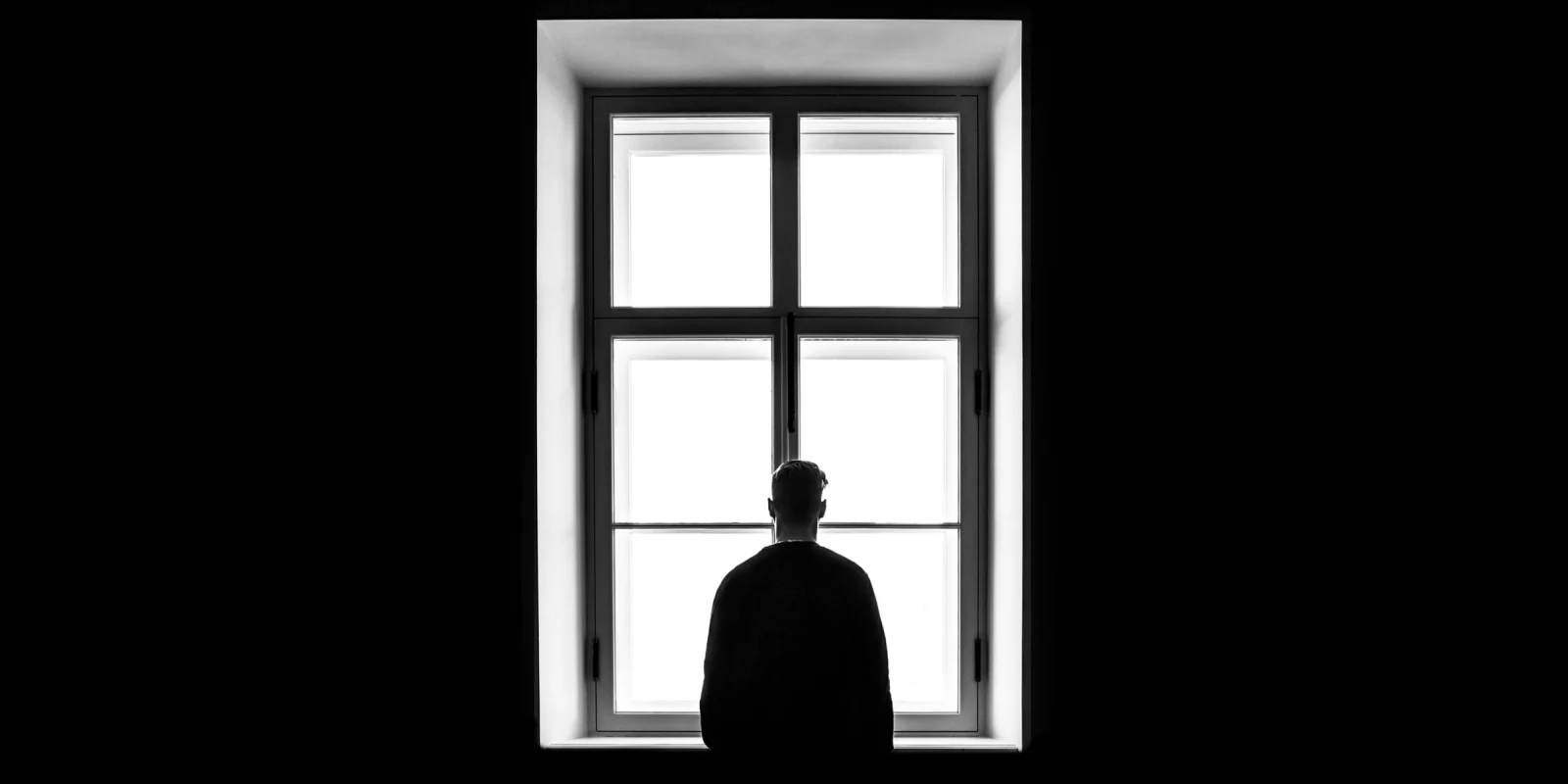Despite being constantly surrounded by people, medicine can be an isolating profession. The relatively impenetrable hospital walls insulate us from the outside world. While we interact with colleagues, many of whom likely feel the same way, we have perfected exchanging empty pleasantries instead of meaningful conversations. Unfortunately, when the pleasantry of "how about that weather?" arose, I often lacked a response. I would be in the hospital before sunrise and often until after sunset. Although not the sole reason for feelings of isolation, the windowless nature of my daily environment felt metaphorical.
After 15 years in traditional practice, I transitioned to a telehealth position for a variety of reasons. I often say that the only constant in health care is change. This does not guarantee improvement but rather signifies continuous change. The move to a telehealth role brought a notable shift in my daily routine. In my new world, I’m afforded opportunities in-between patient visits. One day, in a rare moment of idleness between patient appointments, my wife found me gazing out the window. There was no specific focal point outside; I simply sat, staring. I had not realized how much I missed this simple act.
Her interruption broke the spell, and my startled look prompted her to inquire about my unusual behavior. With a smile, I acknowledged her presence before returning my gaze to the window. In that moment, I did not feel alone. Being able to sit and reflect, with my wife nearby, underscored the significance of my decision to transition to this new role. It was not merely a change in occupation; it was a necessary step toward reclaiming a sense of balance and tranquility in my life and feeling connected again. This simple act of looking outside affirmed that I had made the right choice for my well-being and fulfillment.
Previously, my professional life offered no opportunity to enjoy the simple view of a sun shower. Numerous studies have demonstrated the health benefits of sun exposure. Sunlight can positively impact various aspects of well-being, including the alleviation of seasonal mood disorders, anxiety, and depression. Sun exposure is believed to help regulate serotonin, a hormone that enhances mood. In environments with reduced sun exposure, serotonin levels may decrease, potentially leading to poorer mood.
In my hospital setting, I was confined to an office within the building's interior, where appreciating anything beyond what was directly in front of me was impossible. It was sterile. My days were spent in the glow of my computer screen, my face illuminated pale white. Amid the bustling chaos of the physician's office — printers churning out archaic paper records, fax machines humming, and people bustling about — the only sound I registered was the steady rhythm of computer keys being pressed. Charting had become the enduring ritual of our profession, a task without which the day could not end.
In moments of stress, I would recline in my chair, tilting my head back to gaze upward at the harsh lights. Their monotonous glow was interrupted only by an occasional flicker. I would stare into them, allowing my vision to blur and drift out of focus for a brief respite. This would momentarily transport me back to my childhood, to memories of sitting uncomfortably at a desk, the wooden chair a constant ache against my back. The lights then were the same, their sterile glow reminiscent of those in my present reality. Occasionally, a small diversion would capture my attention — a dead insect nestled within the light fixture, offering a brief reprieve from the monotony. My childhood self fantasized daily about a life without those uncomfortable chairs and dreadful lights.
Now, three decades later, I was confronting a similar scene again.
During my night shifts in training, I prioritized getting outside during slower periods. The glow of the moonlight and stars was profoundly cathartic. Additionally, the precious hour or two before sleeping through the day allowed me to witness the beautiful sunrise.
Our "burnout coaches" advised us to take mental breaks, urging us to stand up, look around, and momentarily divert our attention from the screens. Yet, I found little solace in this prescription. The only scenery that greeted me was the harsh glare of fluorescent lights casting a dreary pallor over my surroundings. There was no glimpse of natural sunlight or the outside world; the deliberate design aimed to optimize space, but the resulting cold, sterile atmosphere was profoundly disheartening. It compounded my feelings of loneliness.
Despite my transition to a new practice setting, I still experience the inherent stresses of being a physician. The moment my wife found me looking out the window occurred during a busy day. This time, the sensation was different. Instead of looking up at the sterile lights and feeling isolated, I was now able to appreciate the beauty of the outside world.
The environment that once heightened my anxiety seemed like a thing of the past. Gazing outside, I could envision a brighter future. While this new setting certainly won’t alleviate every stress, at the very least I can finally contribute to small talk about the weather with genuine insight.
Dr. Landau is the medical director of hematology telehealth for the Medical University of South Carolina. He has served many roles throughout his career at different organizations including Chief and interim Chair.
Image by freemind-production / Shutterstock







